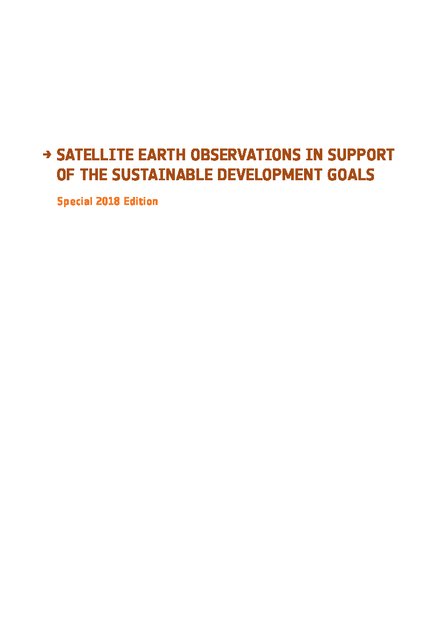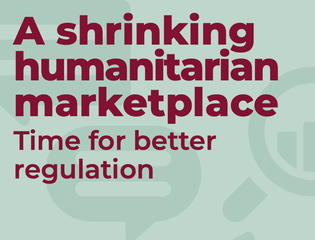
The 2030 Agenda marks a milestone in the evolution of society’s efforts to define and manage progress towards sustainable development in all its facets: social inclusion, economic growth and environmental sustainability. The definition of the Sustainable Development Goals (SDGs) and the associated Global Indicator Framework represent the first truly data-driven framework in which countries can engage with the aim of evidence-based decision-making and development policies. The Agenda recognises that ‘if you can’t measure it, you can’t manage it’ and data is the enabler for the 2030 Agenda implementation.
The 2030 Agenda aims to be relevant to all countries, rich and poor, leaving no one behind. The scope and scale of it is such that effective monitoring of progress towards Targets and reporting on Indicators by countries will require substantial modernisation of many national statistical and geospatial systems, as well as the integration and exploitation of many new data sets in pursuit of the monitoring of the hundreds of Targets and associated Indicators.
This report focuses on the role of Earth observations (EO) in making the reporting of countries against the Global Indicator Framework and the monitoring of national progress toward the SDG Targets a practical reality. Specifically we focus on the role of satellite EO and how the spatial and temporal coverage of their data can make the 2030 Agenda monitoring and reporting framework viable, technically and financially. EO satellite data have already proven their value across many sectors of society – supporting the science that underpins strategies for global decision-making – and for monitoring our progress on all geographical scales as we explore new development paths aimed at sustainable management of the planet.
Significant investment has already been made by national governments in the space-based infrastructure that is providing free and open, continuous and consistent EO satellite data streams. These governments and the space agencies that steward these satellites are actively engaged to ensure optimal return on the investment by maximising the societal benefit of the data.
This Handbook has been prepared for national agencies, UN bodies and other SDG stakeholders working towards a collective implementation of the 2030 Agenda and towards a cost-effective response of countries to the SDG monitoring and reporting challenges. It aims to explain how satellite EO are an essential tool in the development of the information and evidence required by many of the SDG Targets and Indicators. The Handbook seeks to improve understanding of readers from all sectors of society as to the role of satellite EO in support of a well-managed planet and society.
